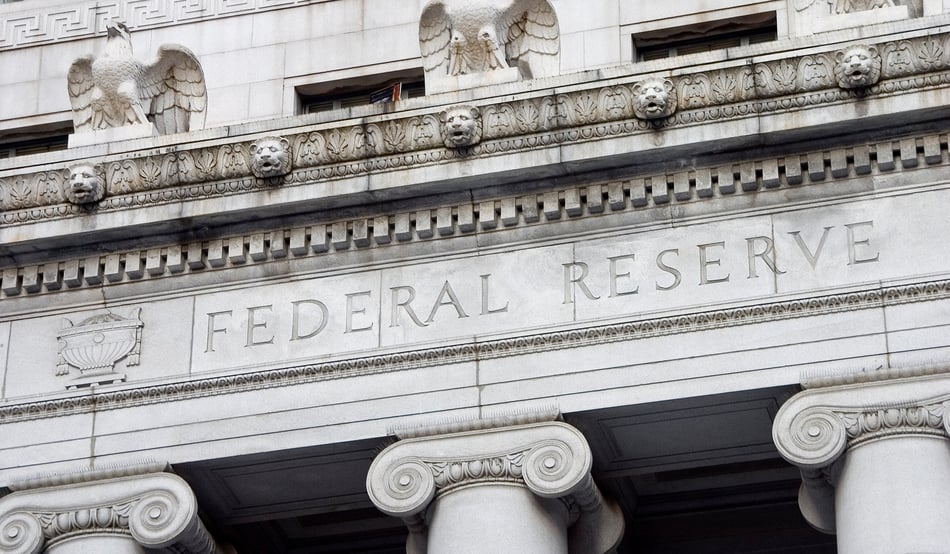

Lately, there’s been some noise in the headlines about the Federal Reserve and its relationship with the White House. As investors, it’s easy to get caught up in the drama — but what really matters is how Fed decisions impact inflation, interest rates, and the broader economic environment your portfolio lives in.
A Quick History Lesson (and Why It Matters)
The Federal Reserve — or “the Fed” — isn’t a political body. At least, it’s not supposed to be. It was created in 1913 to manage interest rates and support financial stability, with a dual goal: keep inflation in check and unemployment low. Over time, this independence from politics has helped the Fed make tough decisions that support long-term economic health, even when it hasn’t been popular in Washington.
For example, in the 1970s, political pressure led to overly loose policy and painful inflation. It took Fed Chair Paul Volcker and a recession in the early ’80s to put things back on track. Fast forward to today, and we’re seeing similar tensions: inflation is cooling, but the Fed is cautious about cutting rates too soon — especially with tariffs and other global uncertainties on the table.
What to Watch (But Not Worry About)
Regardless of politics, the Fed is likely to begin lowering rates again — but carefully. Inflation has moderated but remains a bit above target. And with Jerome Powell’s term ending in 2026, there’s chatter about future leadership. These headlines may stir emotion, but they shouldn’t drive your investment decisions.
Here’s the key takeaway: The Fed’s actions are just one piece of a much larger puzzle. While changes in policy or leadership can rattle markets in the short term, long-term investors have historically been rewarded for staying the course.
What This Means for You
It’s tempting to react to headlines or try to second-guess what the Fed might do next — but history shows that staying disciplined is often the better path. Rather than chasing predictions or making emotional shifts, this is a time to lean into your plan, trust the process, and keep a long-term perspective.
Stay focused on what you can control: maintaining a balanced portfolio, managing risk thoughtfully, and revisiting your goals as life evolves. Economic cycles will come and go, Fed chairs will change, and policies will shift — but a well-structured plan, grounded in your values, can weather it all.
In uncertain times, confidence comes not from guessing right — but from knowing you’re prepared either way.



